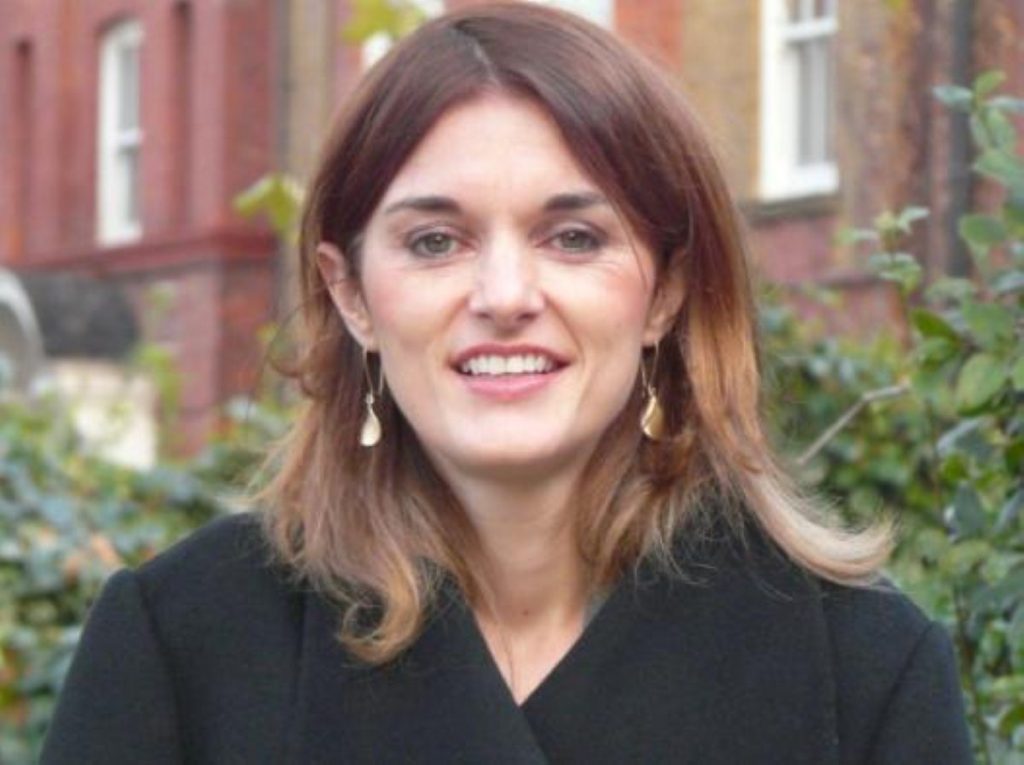Comment: Here’s the answer to increasing voter turnout
By Andrea Cooper
Another by-election, another low turnout. Now the votes have been counted in Wythenshawe and Sale East the chatter in the corridors of Westminster will all be about the different parties' percentages and the implications for the general election. Yet what really should be discussed is how few voters turned up at their nearest polling station, especially young people, and what can be done to increase their participation in politics and community activities.
This disengagement matters. Decisions affecting the lives of young people are increasingly made without any involvement by them in the corresponding debate. Just as turnout has fallen – 2010 was the lowest amongst 18- to 25-year-olds since records began – the age of those elected to enact laws on behalf of these abstemious young voters is heading in completely the other direction.
Today's crop of party leaders may be the youngest ever, but the average age of a member of our current parliament is older than those elected in 1979, 1983 and 1987. When Russell Brand urged young people to actively boycott politics in a recent Newsnight interview, he didn't mention they are already doing just that. At the same time those who represent us – or at least represent those who actually cast a vote – reflect the demographic make-up of our country less than ever before.


As with young people, when it comes to women and ethnic minorities, parliament is deeply unrepresentative of the country. Twenty-two per cent of parliamentarians are female, despite women making up more than half of the population. Over 12% of Britons are from an ethnic minority, yet just over four per cent of parliamentarians are. When a number of female MPs have announced they are standing down from parliament at the next election, much work needs to be done if this is to be made better.
The atrophying of a strong democratic mandate through the election of parliamentarians who increasingly do not look or feel much like the eligible voter has a wider implication, and not just for young people. As turnout falls so parties outside of the mainstream, in some cases with extreme ideals, can energise a small band of supporters and take advantage of the low turnout to be elected. It's no coincidence the BNP gained two seats in the European parliament when the turnout in the 2009 poll was the lowest ever.
So if we want MPs who actually represent of the views of the general public, not the fanciful, extreme or dangerous, then it is in all our interests to increase youth turnout at the polls. Fortunately there are ways this can be achieved – and without middle aged politicians suddenly finding some elixir that makes them irresistible to youth voters at election time.
In Canada studies have shown a correlation between youth turnout in elections and young people's engagement in community volunteering. In that country, youth voter turnout is one of the highest in the Western world, as are levels of community engagement. It must be one of the least surprising and worse kept secrets that, regardless of age, if you have active involvement in the community where you live you will be more concerned about it, and therefore more likely to want to exercise your vote in elections for those who seek to represent your neighbourhood.
At UpRising, we're launching a new nationwide youth democratic engagement programme. In six locations across the UK – London, Birmingham, Manchester, Bedfordshire, Liverpool and Stoke – we aim to begin a turnaround in youth voting by helping many thousands of young people take part in social action and community projects.
This will foster the development of a natural passion for democratic change in its fullest sense – including exercising their right to vote. Their social action will connect them with those in power, including current leaders in politics, business and civic society, and build their appreciation of issues facing the country, their community and their often complex solutions.
Through this dialogue and engagement, we hope to close the gap between the long decline of youth participation in elections and the rise of the seemingly identikit politician that doesn't look or feel like the electorate at all.
Andrea Cooper is chief executive of UpRising
The opinions in politics.co.uk's Comment and Analysis section are those of the author and are no reflection of the views of the website or its owners.









